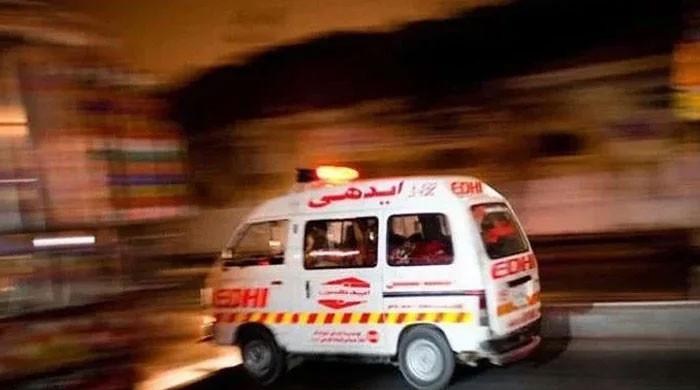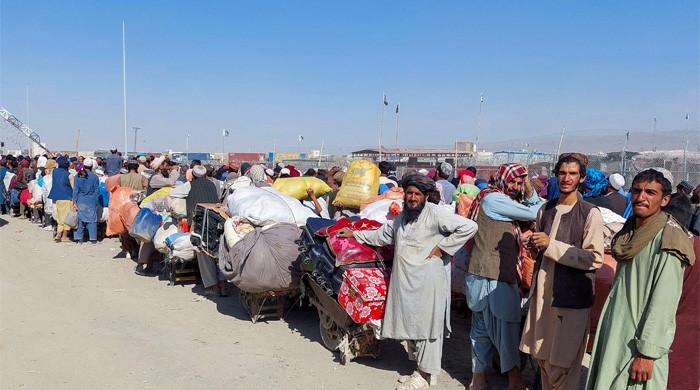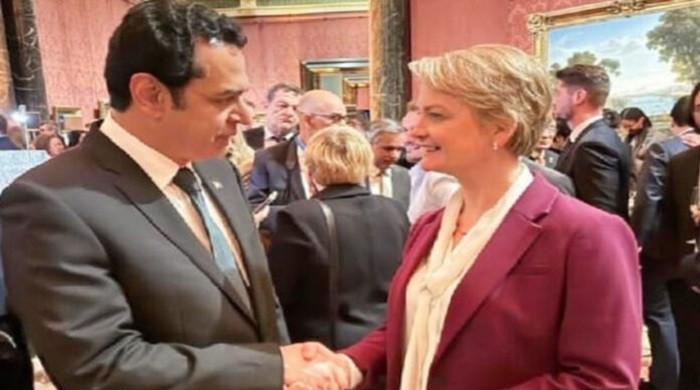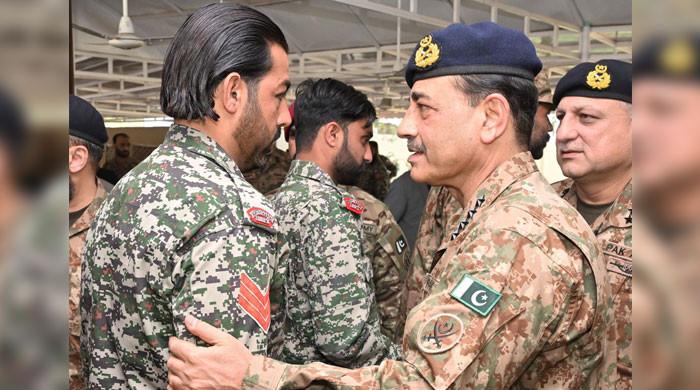Gas crisis: Public transport strike continues for sixth day in Karachi
Supply of gas to CNG stations remained suspended posing difficulties for commuters
December 14, 2018
KARACHI: Residents of Karachi continued to suffer on Friday as the CNG crisis entered its sixth day, disrupting public transport and daily routine.
Supply of gas to CNG stations remained suspended, posing difficulties for the residents as public transport owners continued their strike, leaving commuters stranded on bus stops.
Only a scattered number of buses were seen on the roads as transporters continued strike for a third straight day to protest against halting of gas supply to CNG stations.
The halt in the supply of gas and the unavailability of public transport has forced commuters to use other means of commuting such as rickshaws, taxis and bikes.
On Tuesday night, Sui Southern Gas Company (SSGC), the supplier of gas in Sindh and Balochistan, announced to halt gas supply to CNG stations and captive power plants of all general industries.
SSGC said that it was facing acute shortage of gas and low pressure in the system, which was affecting adequate supply to domestic and commercial sectors.
While acknowledging the difficulties being faced by residents, SSGC officials said all efforts were being made to ease the situation.
"Our first priority is to provide gas to households," an official added.
Many of the industrial units operating in SITE area had also reported gas shortage, which reduced their production to a minimal almost throughout the day.
Stakeholders have urged the provincial as well as the federal government to take urgent stock of the situation and ensure that the situation does not get aggravated at the expense of the masses.
SNGPL, SSGCL board of directors dissolved on PM's orders
On Thursday, Prime Minister Imran Khan ordered that boards of directors of the Sui Northern Gas Pipelines Limited (SNGPL) and SSGCL be dissolved owing to the prevailing gas shortfall in the country.
The premier gave directions for stricter action against the gas suppliers, as the CNG crisis continued to disrupt public transport.
A day after ordering a fact-finding committee to launch an inquiry against the managing directors of both SNGPL and SSGCL, the federal government decided to reshuffle the companies’ boards of directors over purported poor performance. On the prime minister's instructions, the boards of directors of both the companies were dissolved.











